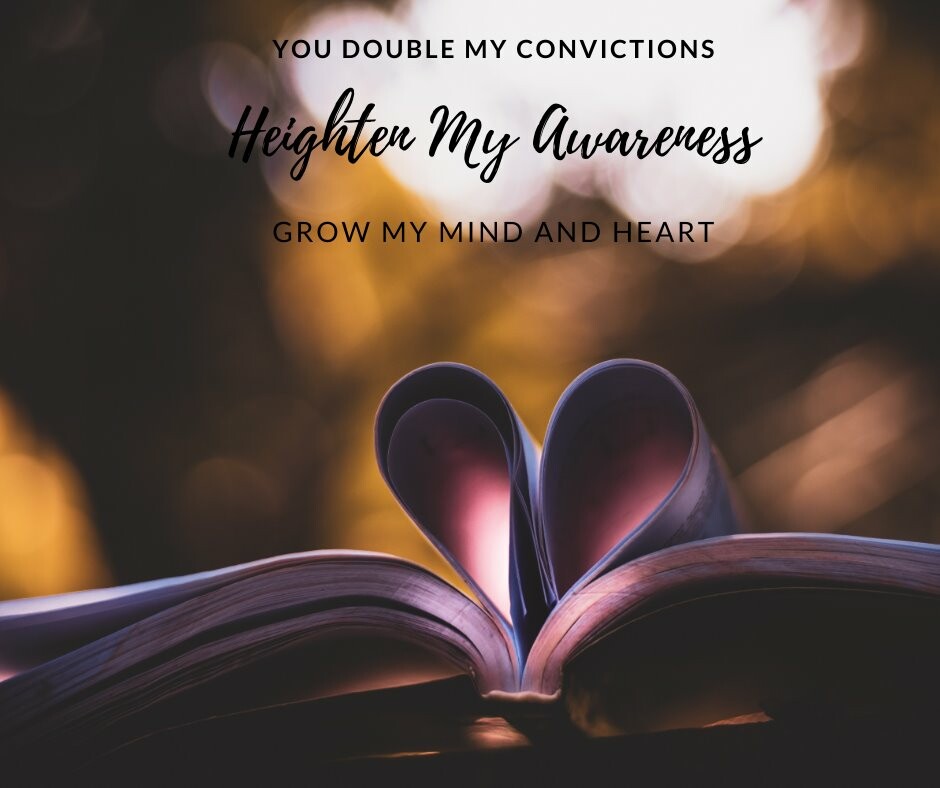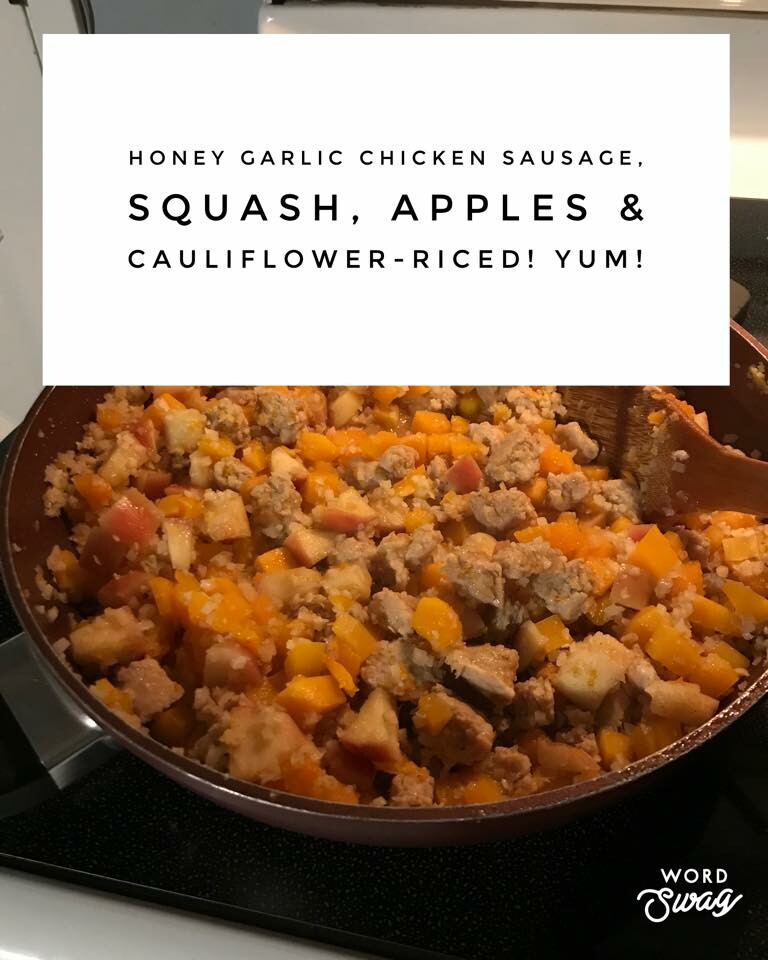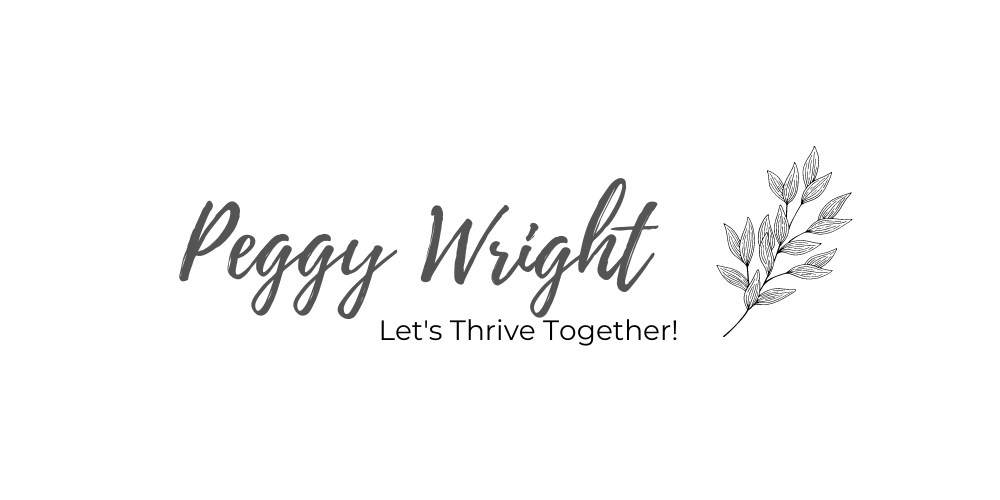October, 2018
With the availability of local vegetables and fruits comes a great opportunity to cleanse the body of any build up in the digestive tract caused by eating refined flours, sugars, and poorly digested foods caused by a lack of enzymes. It was a digestive cleanse that turned my health around in the 1990's. I was diagnosed with Chronic Fatigue and Immune Dysfunction Syndrome after struggling for eleven months with flu like symptoms like body ache, heavy limbs, brain fog and extreme fatigue even after sleeping for 12-14 hours. The medical system was able to diagnose the problem based on symptoms and blood testing that revealed a lack of many key vitamins and minerals. But the prognosis was that it was a Chronic disease that I would live with indefinitely. So, I stocked up on vitamin supplements and started to read and pray and search for knowledge that would help me to heal.
A friend shared a group of products that included a digestive cleanse, a parasite cleanse and a rebuilding nutritional supplement. When on the digestive cleanse I felt like toxins were being pulled out and eliminated from my body tissues. I would feel really ill just before a bowel movement and then a lightening afterwards. My head became clearer, my skin eczema began to clear up, my muscles were able to handle more activity allowing me to lose the extra weight I had gained from ill health, and my immune system and energy improved. Lance and I have continued to use the Pure Trim Digestive Cleanse every year or two to maintain regularity and better health. I have had persistent food allergies and headaches that I wonder if a different cleanse might help with.
I have been reading a book called "Inner Transformations Using Essential Oils" by Dr. LeAnne Deardeuff & Dr. David Deardeuff. In it, the author traces her own path to health by learning about herbal remedies first and then hearing a lecturer explain that even more potent than the dried herb is the lifeblood of the plant - the essential oil. She bought a grocery store bottle of essential oil and was disappointed in her results and so dismissed oils as helpful for awhile. When a friend introduced her to the therapeutic Young Living oils, she found an oil that delivered on its claims. She began incorporating essential oils in her chiropractic care practice. She has seen restored health in patients with fibromyalgia, chronic fatigue, infertility, yeast overgrowth, scoliosis, emotional upsets and everything in between.
I have been seeing a naturopath, Dr. Laura Margaritis, for a year now and found adding bone broth, Carlson's Cod Liver Oil, and a variety of Probiotics to a homeopathic regimen. I'd like to add a cleanse to the mix to see if I can get more out of my supplements.
The colon is lined with small villi that absorb nutrients and create a great environment for friendly bacteria which keep yeast and unfriendly bacteria from overpopulating the digestive tract. Problems with digestion occur when the villi get coated with refined processed food that prevents them from absorbing the nutrients we ingest. Have you ever seen a recipe to make Christmas ornaments with white flour and water or milk. They harden when baked. Now imagine the white flour, white sugar hardening in the oven of our 100 degree bodies effectively immobilizing the villi which are meant to help move food along when the muscles contract in natural peristalsis. If this isn't cleaned out, it builds and starts to back up and retain toxins in the body - overloading the cleansing systems and lining the walls of the colon with thicker build up. The muscles of the bowel have a harder time moving food along and everything slows down. I have one friend who used to only have a bowel movement once a month! This was normal for her. That is frightening.
Clearly, we need effective ways to cleanse the colon of build up and restore peristalsis. Young Living has a product called Comforcleanse that works to nourish and restore natural muscle tone to the bowel. I have been using this for a week to begin my cleanse. It is doing a good job of promoting regularity and beginning to change my cravings and sense of wellness. I have also added Essentialzymes-4 with my largest meal of the day. It is full of digestive enzymes that help the body break down food effectively. As we age we make less digestive enzymes and so supplementing is a good idea. Once the bowel is functioning well, adding ICP is like scrubbing the walls of the digestive tract with a high fibre nutrient dense powder. I am liking the gentle action of this combination so far. I have had mild cleansing symptoms, but have been able to carry on with life as normal. I'll update this post as I finish the fall digestive cleanse.
If you'd like to do a Fall Cleanse with companions, touch base with me and we can set up a group to cleanse together!

On December 11th, 2018, I had just finished writing a birthday message to my sister and was heading to bed, when I realized the dog needed to go out. So I threw on my coat and went out in my croc slippers to let him relieve himself before turning in for the night. On the last step, my right foot didn't land squarely. A past torn ligament on that ankle left my ankle loose and unstable. My right foot turned over onto its side as I stepped down a full step onto my ankle. It couldn't hold me and so I fell onto my other foot that wasn't planted yet. Ouch! Both feet were giving that deep complaint that comes from a serious injury! "Ow, ow, ow, ow... ' was all I said for a full minute. Cosmo looked at me from the end of his leash and refused to pee. He just came in close to try to comfort me. I wasn't ready for anything to touch my feet or legs, but I talked to him softly to reassure him. I knew Lance was just on the other side of the door. I just needed to get his attention. The night was so silent around me. It was after 11 pm and I was so aware of neighbours sleeping that I didn't want to yell too loudly. I used a medium voice:
"Lance!" Pause. "Lance!" Quiet voice: "It's okay, Cosmo... we're going to be alright." I don't know if I said that for his benefit or mine.
No response from inside. The night was a soft chill, not harsh cold. The silence was broken only by a gust of wind. I was not cold. My feet gradually stopped screaming at me and I tested my left foot for holding some weight. I couldn't move anything on my right foot. The left foot could hold me enough to help me slide backwards up the porch stairs to the front door. My butt skooch maneuver got me close enough to grab the door handle and push the door open. I then could talk to Lance! Relief flooded through me. I had help!
Lance helped me get into the couch and put a blanket over me. I started to tremble from head to toe. We both recognized shock setting in. My teeth were chattering. I asked Lance to get me my essential oil kit. I couldn't remember which oil was best for shock, but I know lavender and frankincense were both calming oils. I put a swipe on my wrists and inhaled it then put some on the base of my skull. Gradually the shock wore off. I took an ibuprofen and applied oils that help with injury to the swollen ankle and minor cut. It was now midnight and I felt like if I could get upstairs to bed, I could sleep. My heating blanket was up there. I butt skooched to the top of the stairs painstakingly slowly. Lance was hovering over me like a guardian. I love him!! I put wintergreen, cedarwood, stress away essential oils in my diffuser and had it going all night. I slept soundly without too much discomfort. When I had to use the bathroom, I rolled over in the office chair.
The next morning, Nate and Lance fireman carried me to the car to get to a walk in clinic for an x-ray. Lance brought a wheelchair to the van and I managed to slide down into it. After several hours, I was told it was not broken, just a bad sprain. They got me fitted for crutches and I was glad to leave the wheelchair behind and head home. I again got out my oils and looked for all the injury helpers I could find! Panaway, Frankincense, Copaiba, Helichrysum, Marjoram - thankfully I keep many in rollers and a muscle rub cream so they were ready to use. Four days later, the swelling was reduced, I could put some weight on the injured foot. I was impressed with how few pain killers I required. Until of course I added in dental surgery.

I hobbled into the dental office on my crutches. Might as well get it all over with at once while I'm already slowed down. The gum graft surgery was a little nasty, but I wanted to continue to take a natural approach to healing. So, I took a risk and decided to avoid buying the antibiotic mouth rinse since antibiotics are so hard on my sensitive system. I had bought an extra bottle of essential oil Thieves blend mouthwash to experiment with first. I could always pick up the prescription if I found tissues were sore or irritated and it wasn't healing well.
I've been impressed with my experience. I have had very little pain, my gums are healing super fast and the only irritation came from the threads from the stitches poking into my lip and on the roof of my mouth. My surgeon mentioned that the threads could be clipped shorter if I found them irritating. So today I called his office and asked if he could ease the poking with a trim so I could enjoy Christmas with less irritation when I talk and eat. He invited me to just come to the office today and he would fit me in.
Then I got nervous. Would he feel like I had disregarded normal protocols? Were things healing as well as they seemed? Would the gums adhere well to the teeth when I was using a totally different approach?
It was time to find out.
Today was the first time I could put a boot back on my injured foot and walk without crutches. My limp is barely noticeable.
I was called into the inner room and sat in a dental chair. When I opened my mouth, he quickly surveyed the gum tissue and asked me when the surgery was performed. I told him that this was day five since the gum graft. He said the stitches on the roof of the mouth could come out because the tissues had totally healed together and looked healthy and pink. He pulled an assistant over to show her how healthy the gums and tissues looked at day five. He asked me again what I had been doing. I had cleared using essential oils with him on the day of the surgery, and he said he was fine with experimenting, but he was really impressed with the results. He said it seemed too early to take out the stitches on the site where the new gum was grafted, but the tissues were healthy, pink and almost better. He made me much more comfortable by shortening the bits of thread so they no longer poke my lip.
I'm so relieved and happy that the essential oil routine I made up has made the surgery so much less invasive and uncomfortable. And I am so grateful for a surgeon who was so helpful, open and capable. Thanks, Dr. Fortino! And thanks, Young Living for training me to feel more confident in natural approaches to my health and providing oils I can trust for injuries, recovery from surgery and winter colds and flu bugs

Reading Jan Karon's "Light From Heaven" this eve while the guys play spike ball in the play room before we settle in for a movie together, I ran across these little phrases that pleased me:
"It's as important to marry the right life as the right person."
"This was the cream of marriage, this nightly turning out of the day's pocketful of memories, this deft, habitual sharing of two pairs of eyes, two pairs of ears. It gave you, in a sense, almost a double life; though never, on the other hand, quite a single one."
The song I wrote for Lance before our wedding day had this verse: "You double my convictions/ breathe hope in my despair / bring vibrance to the colours and soft music fills the air - I love you!"
Still True! Thanks for being the right life for me... the other set of eyes and ears - perceptions to round out mine. I love my double life with you, Lance!!
Happy Valentine's Day!

Quarantine means less shopping. Exploring deeper in my freezer means experimenting- time to use up these sausages!! This experiment was a win!
Here’s what I did: ~ I lightly thawed 6 sausages and removed them from their casings while they were still firm enough to hold together. I broke them up in a deep large frying pan.
Sauté on medium heat until cooked through. Set aside until all fruit & veggie chopping is complete.
~ Peel, remove centre and dice 1/2 a butternut squash ready to add to the pan when the chicken is cooked. Or usefrozen squash to save some chopping!
~ Cut up two apples into 1” cubes with skin on
~ Add one package of frozen riced vegetables into the frying pan to thaw and gradually break them apart
~ add 1-2 cloves of garlic to your tastes ~ Add the squash and apples to the frying pan
~ Season with natural sea salt and cinnamon to taste
~ Mix together well, cover and simmer on low stirring occasionally until the squash is soft enough to pierce easily with a fork.
🎉 Feeds 4-6.
+ Add Sauteed Kale for a great colour and taste addition!
Working to reduce inflammation in the body, you might also like:
HAPPY SIDE EFFECTS OF USING ESSENTIAL OILS:
Having a good hair day can make me feel so different than when my hair is not working out! So, though it feels a little vain and silly to talk about hair, I just had to let you know about a fun side effect of using natural plant based products, supplements and essential oils.
I pulled a hair off my towel after my shower last week and marveled that the root end was dark brown and only the end was white. I attached it to a sticky note to take a picture of it.
This was not part of the intended purpose of good nutrients, healthier shampoos, and hormone and mood balancing essential oils - but it is an awesome side effect!
I'm aging backwards!
Colouring and ingredients like sodium laurel sulfate took their toll on my hair a few years ago and I didn't like the damage I was seeing. At first, I switched to a more natural way of colouring and used a commercial Argan oil product to try to rebuild.
Then last year, my best results came when I started nourishing my hair, skin, nails and joints with Sulfurzyme. I also began using Hydrolyzed Collagen in my smoothie each morning. These nutritionals gave my body the building blocks for re-growing health from the inside out. I've been startled to see some new growth and some of my hair shafts are producing colour again... white ends with colour from the root!
I also switched my shampoo and conditioner to a plant based essential oil infused version from Young Living. This was a gentle way to clean and nourish in my daily shower routine. The Copaiba Vanilla gives me best results.
After showering, I use pure Argan oil (the commercial version had chemical additives) from Kynk Naturals - a fair trade organic company founded by a dear friend. I added a few drops of Rosemary EO, Cedarwood EO, and Lavender EO - I sometimes add in Peppermint EO for the energizing scalp tingle. Frankincense EO is also great for any scalp issues. A little goes a long way with Argan oil. Short hair just use a drop or two - shoulder length I use 4-5 drops with a dropper.
This spring I decided to try the Mirah Lustrous Hair Oil and love it just as much as my DIY Argan oil. It has a soft scent and is formulated from Argan oil, Camelia oil, Vitamin E, Abyssinian and Monoi oils which blend to add body and frizz free nourishment. The little bottle goes a long way. My first bottle lasted me almost a year.
What are your favourite ways to restore damaged hair?
Have a healthy hair day!!



